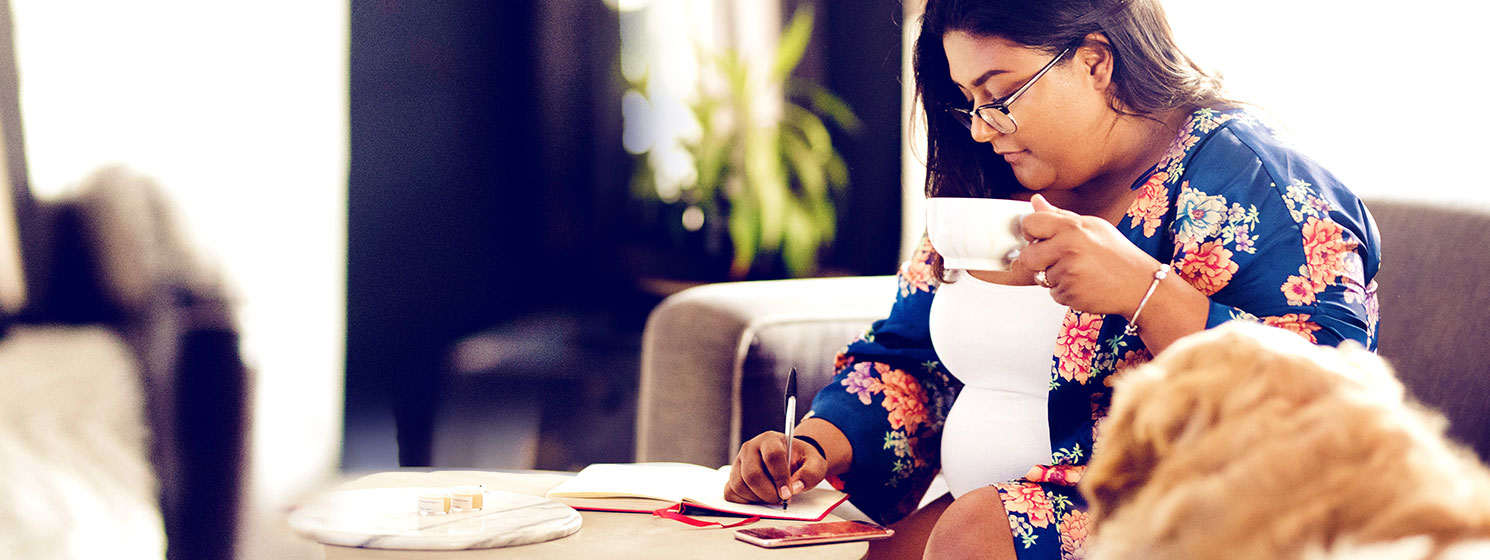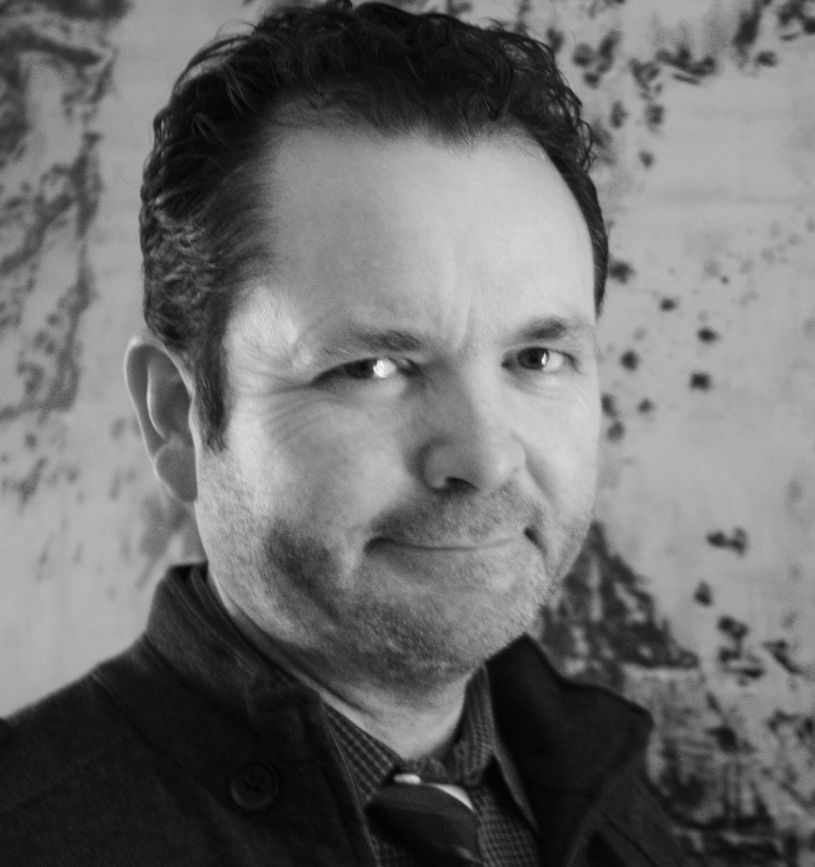
Congratulations! You've saved enough for a down payment on your first home. And now it's time to start house hunting. As you compare your new-home wish list with your budget, make sure you add in the additional costs of buying a home. They usually total at least 3% to 4% of the purchase price.
Here's a look at the three of the most common costs you need to consider before you sign on the dotted line.
1. Closing costs
It doesn't matter whether you're buying your first home or your fourth, you'll have to pay closing costs. Think of these as the costs to process the purchase.
-
Land Transfer Tax: This is a percentage of the purchase price, and the amount varies by province. Some cities, like Toronto, also have a municipal tax. A local realtor will be able to provide you with up-to-date tax rates. You can estimate Land Transfer Tax here.
-
Legal fees: You'll need the services of a lawyer to buy a home. They prepare and record the official documents. The starting cost for legal fees is about $500 (plus GST/HST).
-
Title insurance: Title insurance protects you and the lender against losses in the event of a property ownership dispute. Most mortgage lenders require you to buy title insurance. It costs about $300.
-
Insurance: You'll need proof of home insurance, including coverage for liability and fire.
This Ratehub tool can help you estimate final closing costs.
2. Moving costs
The cost of moving depends on how much stuff you have and how far you have to go. Costs can range from a few hundred dollars to well into the thousands. Here are some things to keep in mind:
-
Movers: Are you going to hire professional movers or depend on friends and family? If you hire movers, call them well in advance. Moving at the end of a month is the busiest time. If you're using friends and family, add in the cost of feeding everyone.
-
Truck or other transport: If you're not hiring professional movers, you need to make sure you have a truck big enough for all your things.
-
Boxes and packing material. Try to plan an environmentally friendly move by stockpiling used boxes from local stores.
3. New home costs
No one wants to put up an old shower curtain in a new home. And if this is your first home, furniture and appliances might need to be in your budget as well. It's these extra costs that really add up.
-
You might need to buy appliances and even cleaning supplies like brooms, mops, and buckets.
-
If it's a newly built home, save enough for window coverings, lights, landscaping, and even finishing the driveway.
-
If this is your first home, you'll need to save enough for property taxes and utilities like gas, water, and hydro.
It's a good idea to start a rainy-day fund, because owning a home comes with unexpected costs like furnace tune-ups and appliance repairs. For more information on the costs of home ownership, check out Are you ready to own your own home?
Planning makes all the difference
Buying a home is probably the biggest purchase you'll ever make. Knowing how much you need to save will help make the process smoother. Whether you’re thinking about selling or already have your home on the market, start getting organized for a stress-free deal by talking to a Meridian Mortgage Specialist.
